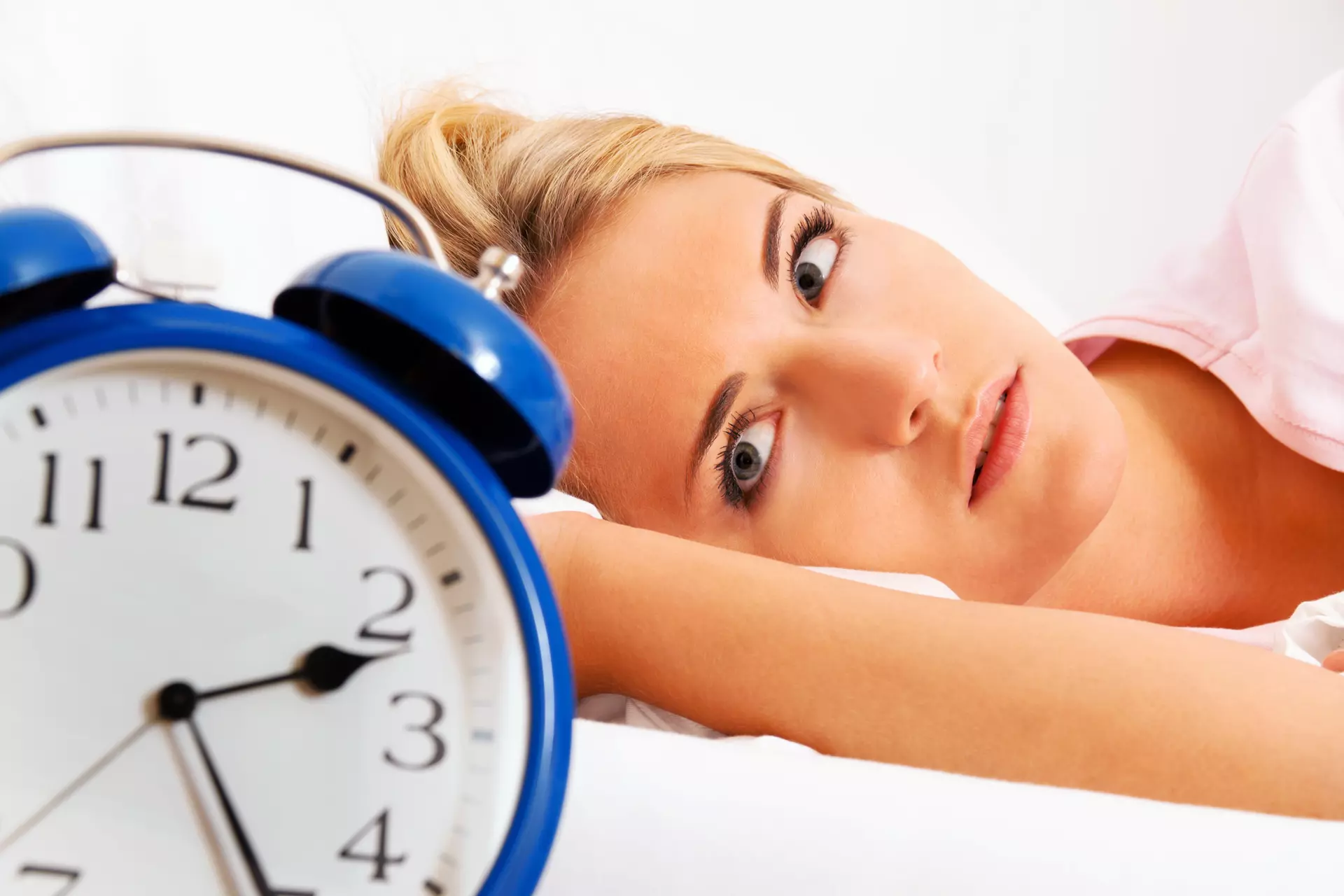
Integrative Solutions for Better Sleep in Los Angeles
Difficulty falling asleep, staying asleep, or waking up feeling unrefreshed? Insomnia and poor sleep quality significantly impact energy, mood, pain levels, and overall health for many in Los Angeles. At Body and Mind Pain Center’s Wellness Clinic, Dr. Zev Nevo utilizes an integrative, root-cause approach, combining Functional Medicine investigation with Mind-Body strategies to help you achieve restful, restorative sleep.
Request an AppointmentUnderstanding Sleep Disruptors:
Chronic insomnia often involves underlying factors beyond just “trying harder” to sleep. We explore potential contributors:
- Nervous System Dysregulation: Difficulty downshifting from stress to calm; hypervigilance.
- Hormonal Imbalances: Cortisol rhythm disruption, low melatonin, sex hormone imbalances.
- Nutrient Deficiencies: Lack of magnesium, certain B vitamins, amino acids.
- Blood Sugar Imbalances: Overnight dips or spikes disrupting sleep.
- Gut Health Issues: Dysbiosis or inflammation affecting neurotransmitters.
- Stress & Anxiety: Racing thoughts, worry.
- Pain: Physical discomfort interfering with sleep.
- Lifestyle Factors: Poor sleep hygiene, caffeine/alcohol, screen time.
Our Integrative Approach to Insomnia:
Dr. Nevo develops personalized plans for insomnia treatment in Los Angeles:
- Functional Medicine: Core approach – Investigating root causes through testing (cortisol rhythm, hormones, nutrients, gut health) and addressing imbalances with targeted nutrition, evidence-based supplements, and lifestyle adjustments.
- Mind-Body Rehabilitation: Techniques to calm the nervous system before bed – HeartMath coherence training, SSP for deep regulation, guided relaxation, mindfulness, Polyvagal exercises. Addressing underlying anxiety/stress.
- OMT: Gentle techniques may help balance the autonomic nervous system and release physical tension contributing to restlessness.
- Lifestyle & Sleep Hygiene Coaching: Personalized guidance on creating an optimal sleep environment and routine via our Wellness Clinic.
Patient Empowerment & Goals:
Our goal is to identify the factors disrupting your sleep, provide effective strategies to improve sleep onset and maintenance, restore natural sleep rhythms, and enhance daytime energy and well-being.
The Body and Mind Pain Center Difference:
We move beyond standard sleep hygiene advice to investigate why you aren’t sleeping well, using a unique Functional Medicine and Mind-Body integration in Los Angeles. Dr. Nevo’s patient-centered, evidence-based, fiduciary care approach empowers you with personalized, sustainable solutions for better sleep.
Frequently Asked Questions:
How can Functional Medicine testing help my sleep?
Functional Medicine testing can uncover hidden physiological reasons for poor sleep. For example, testing cortisol levels throughout the day can reveal if stress hormones are too high at night. Hormone panels can check melatonin precursors or sex hormone balance. Nutrient testing can identify deficiencies (like magnesium) needed for relaxation.
What hormones affect sleep?
Cortisol (your main stress hormone) needs to be low at night. Melatonin (your sleep hormone) needs to rise in the evening. Progesterone has calming effects, while imbalances in estrogen, testosterone, or thyroid hormones can also disrupt sleep patterns.
How does stress management improve sleep?
High stress keeps your nervous system in an alert, “wired” state unsuitable for sleep. Mind-Body techniques like HeartMath or guided relaxation actively shift your nervous system towards the calm “rest-and-digest” state, making it easier to fall asleep and stay asleep.
Are supplements helpful for insomnia?
When targeted correctly based on potential needs identified through assessment or testing, certain evidence-based supplements can be helpful. Examples might include magnesium, L-theanine, specific B vitamins, or herbs like valerian or passionflower. Dr. Nevo provides personalized, safe recommendations, avoiding dependency when possible. Melatonin should be used judiciously.
What is good sleep hygiene?
This involves creating routines and an environment conducive to sleep. Key habits include: consistent bed/wake times (even on weekends), keeping the bedroom cool, dark, and quiet, avoiding caffeine/large meals/alcohol close to bedtime, limiting stimulating screen time before bed, and creating a relaxing wind-down routine.
